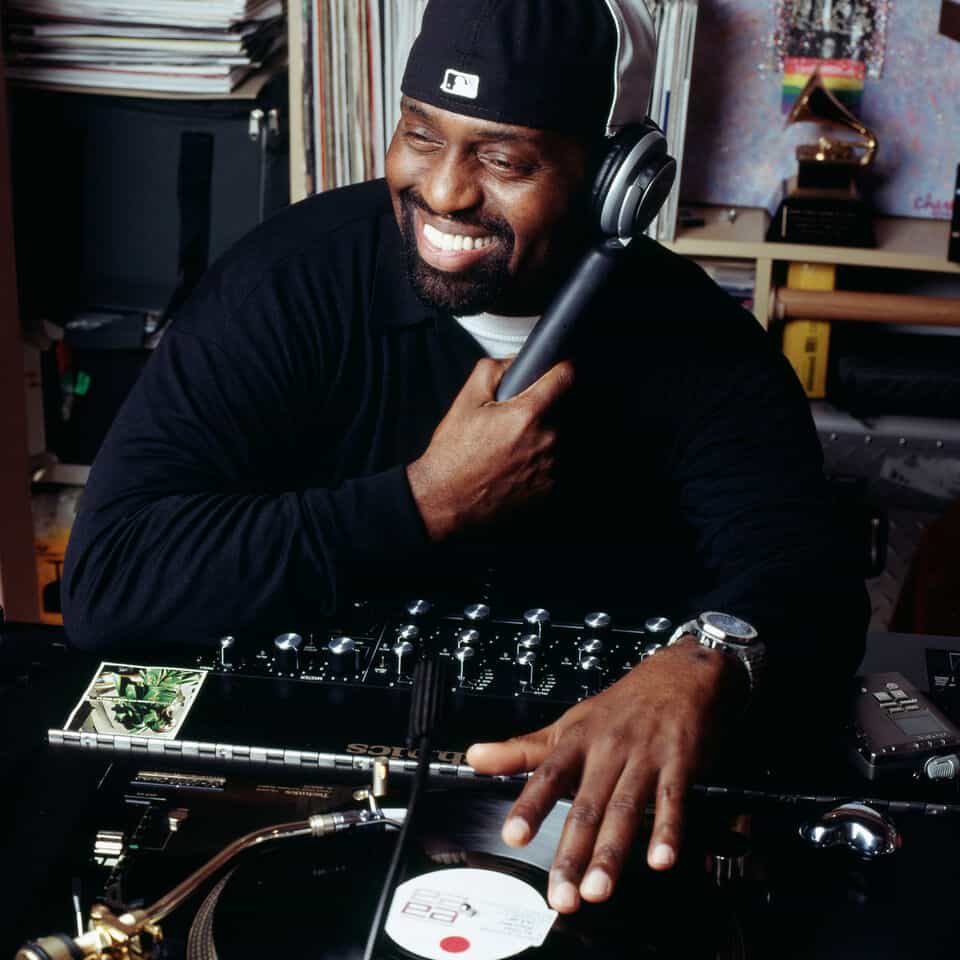

The Warehouse Chicago: birthplace of house music receives landmark status
The Warehouse, a legendary venue considered the birthplace of house music, received national landmark status from the city of Chicago on June 20th.
Established in 1977 on South Jefferson Street, Chicago, The Warehouse quickly became a hub for Black and Latino queer men who gathered to dance to the tunes of resident DJ Frankie Knuckles. Frankie Knuckles had a unique DJ style, blending disco classics, European electronic music, and indie-label soul or rock tracks. This fusion of genres laid the foundation for the early days of house music, a genre named after its birthplace.
The Chicago City Council granted landmark status to the former factory, responding to a petition drive that began in March. In April, the Commission on Chicago Landmarks voted unanimously in favor of The Warehouse, adding to its momentum. Joe Shahanan, the founder of prominent Chicago nightclubs such as Smart Bar, remarked on Frankie Knuckles’ significance, calling him the “Architect of House” and acknowledging his role in shaping a global phenomenon. Preserving The Warehouse as a cultural landmark is vital, according to Shahanan. He emphasized the importance of recognizing its place in cultural history and the need to protect it. Chicago Mayor Brandon Johnson also highlighted the significance of landmarks in telling the story of the city’s history and culture. He expressed pride in designating The Warehouse as a landmark, acknowledging its role as the birthplace of house music and a safe space for LGBTQ+ communities.
This milestone represents the recognition of the cultural and historical importance of electronic music and the significant contributions of Black, Latino, and queer communities to its development. Around 1984, Frankie Knuckles started experimenting with rhythm makers and drum machines, incorporating drum pulses and unique sounds into his mixes. This innovation, imitated by local DJs, defined the Chicago house genre. As the sound gained popularity beyond the Black and Latino queer scene, concerns arose about its commercialization. Knuckles and The Warehouse founder Robert Williams pursued more exclusive ventures, but the influence of the sound continued to grow. DJs like Ron Hardy, who succeeded Knuckles as a resident DJ at The Warehouse, carried the torch and spread the sound’s reach. Eventually, house music transcended borders and became an international phenomenon, captivating European nightclubs and beyond.
The journey of house music from its origins at The Warehouse to its global impact is a testament to the transformative power of music and the resilience of marginalized communities. The landmark status bestowed upon The Warehouse honors its pivotal role in shaping a genre that has left an indelible mark on the world of music.
Take yourself back in time and immerse yourself in the iconic sounds of Frankie Knuckles. Experience the fusion of genres that defined a movement and shaped the global phenomenon of electronic music.
Image Credit: (via Claire Greenway/Getty Images)


- PARISI cover Interview
- Ultra Music Festival 2024: A Tale of Triumph
